Research
Oxford University ranked number 1 in the Times Higher Education (THE) World University Rankings for the eighth year running, and at the heart of this success is our ground-breaking research and innovation.
Oxford is world-famous for research excellence and home to some of the most talented people from across the globe. Our work helps the lives of millions, solving real-world problems through a huge network of partnerships and collaborations. The breadth and interdisciplinary nature of our research sparks imaginative and inventive insights and solutions.


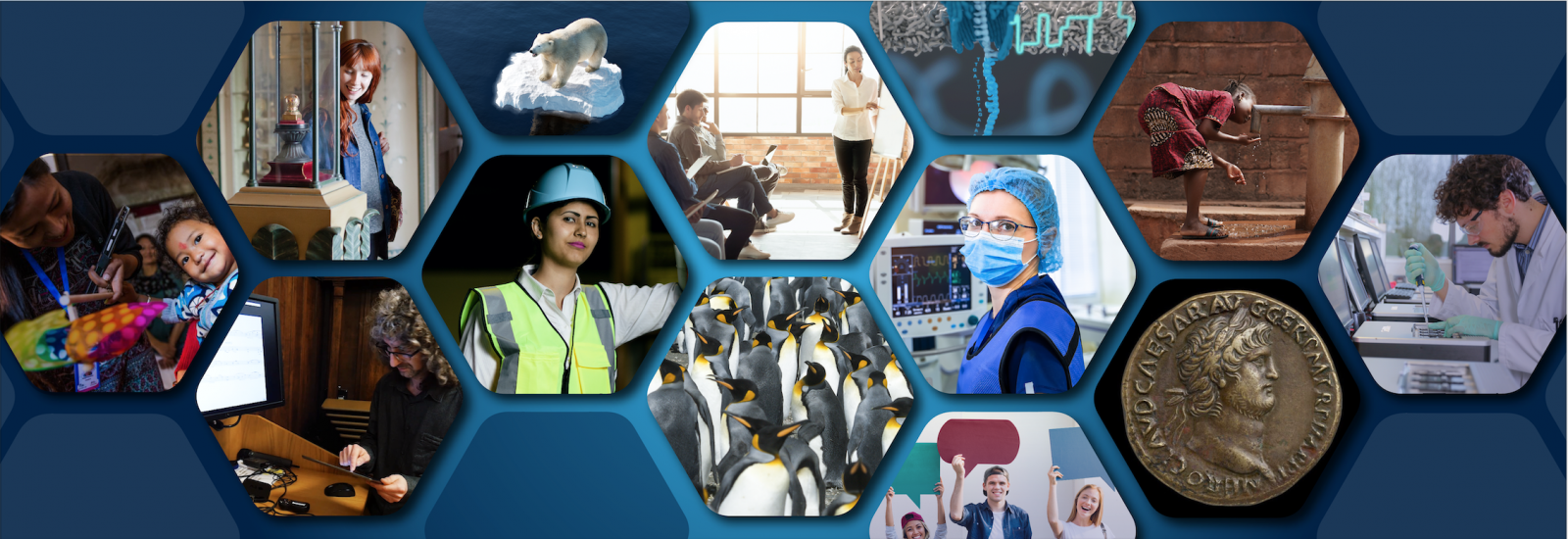

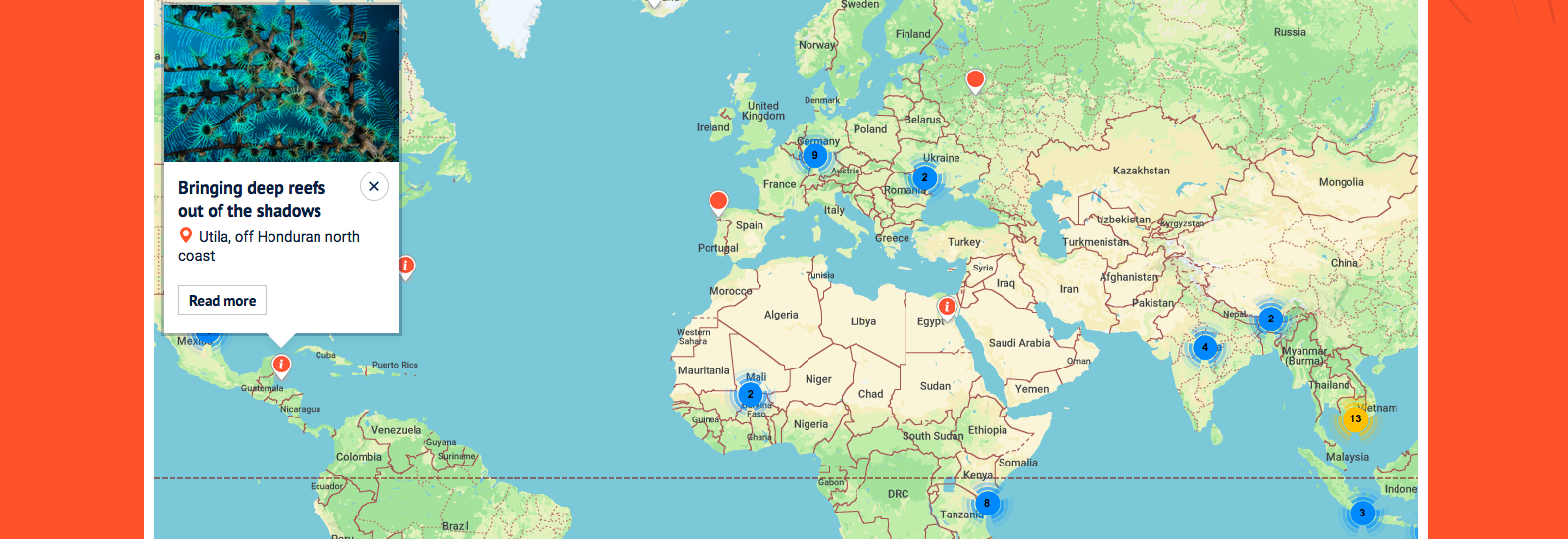

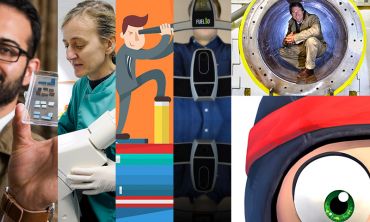


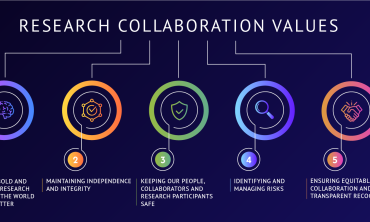
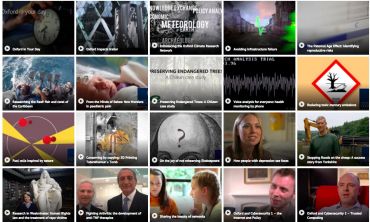
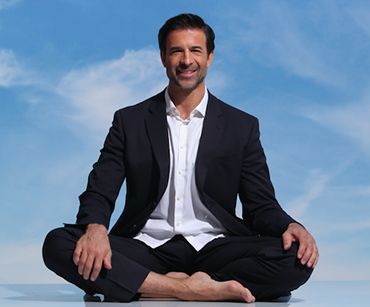




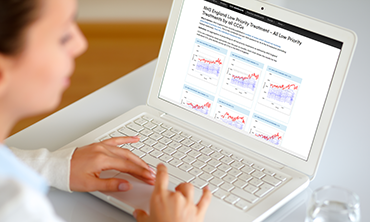
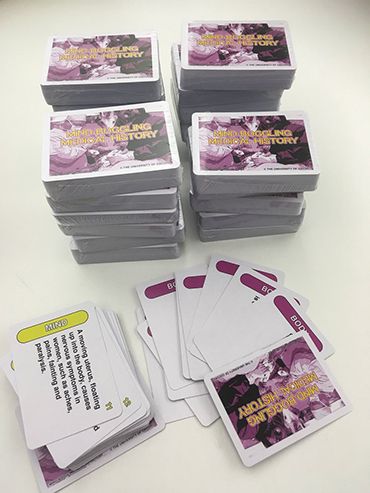

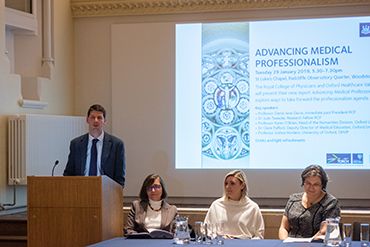

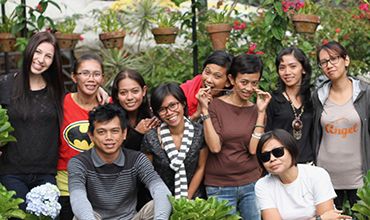

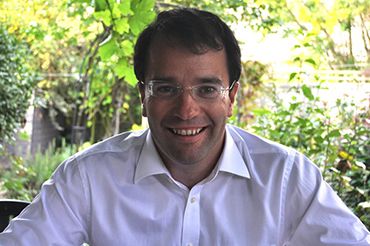
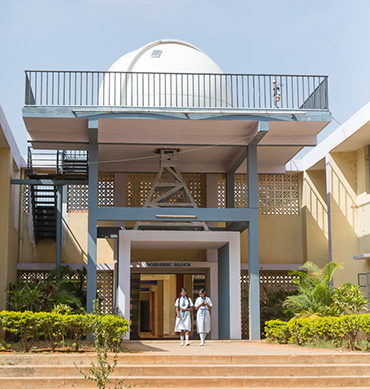

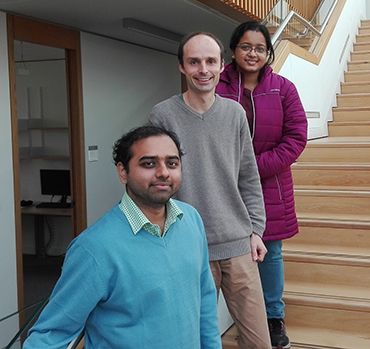
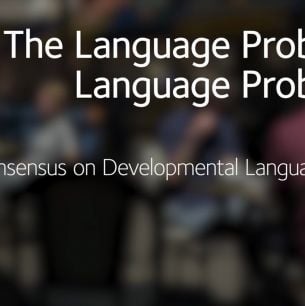
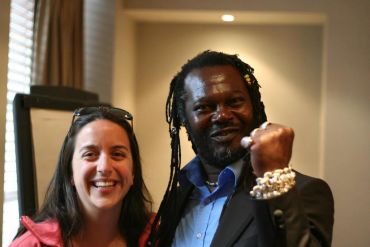
 Ant queens cannibalise their sick offspring - then ‘recycle’ them
Ant queens cannibalise their sick offspring - then ‘recycle’ them
 Urgent action needed to understand links between air pollution and mental health
Urgent action needed to understand links between air pollution and mental health
 New analysis indicates UK hunting trophies law would cause more harm than good
New analysis indicates UK hunting trophies law would cause more harm than good
 New trial to test potential treatment for chronic kidney disease
New trial to test potential treatment for chronic kidney disease
 University of Oxford and United Nations Human Rights to host landmark global climate summit
University of Oxford and United Nations Human Rights to host landmark global climate summit
 Antibiotic resistance has claimed at least one million lives each year since 1990
Antibiotic resistance has claimed at least one million lives each year since 1990

